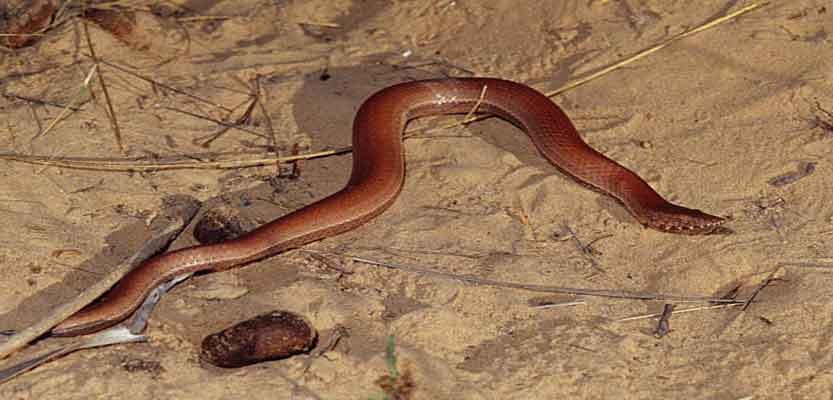
Since this is not a common topic of conversation talking about snake poop, few people are familiar with the excretory habits of snakes. But feces are an essential component of life for all living things. If it fails to function properly, it can cause serious health problems and put the snake (in this case) in danger.
Did you know that snakes have only one organ for mating, egg-laying, and liquid and solid waste excretion? The cloaca, which is the Latin word for’sewer,’ is its name. Let’s see how much we can learn about snake feces from a single article.
Although all living things must defecate, the intervals between bathroom breaks vary greatly between species. While humans typically do it once per day, birds can do it 40 to 50 times per day, on small amounts each time. However, the rhythm of the snake is quite distinct.
Some researchers suggest that snakes are among the least frequent defecators, as they may only do so once a year. This is due in part to the fact that he eats less frequently than we do, but also in large part to its highly efficient digestive system.
The Snake Digestive System
The digestive system of snakes has practically evolved over millions of years to increase their chances of survival. It has a similar structure to the human brain. However, snakes do not chew their food; they swallow it whole before beginning a lengthy phase of digestion. It is interesting to note that a snake can dislocate its jaw if its prey is excessively large.
Snakes, like humans, have an oesophagus and a windpipe that allow them to eat and breathe independently. They, like humans, utilize stomach acid to digest their food.
The only significant difference between us is the length of time food remains in the snake’s body, which is significantly longer. They, like humans, have intestines that extract all the nutrients from their food.
Return to their feces! Before excreting, snakes also experience muscular contractions. These tensions facilitate the movement of digested food along the digestive tract and out the cloaca, which is located at the base of their tail.
Accumulating Energy to Survive in Between Meals
Typically, snakes hunt prey that are larger than themselves. As previously explained, it is possible for a snake to dislocate its jaw in order to consume its prey. Amazingly, it can gain three to four times its body mass in a single meal. This is followed by the digestion phase, which can last for a very long time.
Snakes’ digestive organs have evolved over time into highly efficient functional units, allowing them to grow exponentially in a short period of time and return to their original state when digestion is complete.
In doing so, snakes actually store a great deal of energy that can be used for long-term survival if they cannot find food.
Why Do Snakes Poop Infrequently?
The primary explanation is the diet of snakes. They eat infrequently, sometimes only a few times per year, because they cannot always locate prey. Once they find prey, swallow it whole, and digest it, they will eventually defecate.
The amount of time required to do so depends on the species of snake. The longer it will take, the greater their size. Rat-snakes take about two days between eating and defecating, whereas bush vipers take between three and seven days.
The larger snakes, such as boas and pythons, are able to retain their excrement for months and sometimes even a year.
It is unclear as to why they behave in this manner. Some scientists believe it is a defense mechanism, while others suggest that the additional mass at the back of the body provides a better counterweight, allowing them to strike their prey more effectively.
A second theory is that they retain their feces in order to conceal themselves. Snake feces, like those of other reptiles, have a potent odor that could reveal their location to their predators or those they hunt.
Due to the importance of surprise in their attack strategy, it is preferable that they not be discovered through traces of feces.
It is a known fact that between meals, certain snakes shut off their digestive tracts. Since they won’t need them for at least a month, they conserve their energy for other purposes.
We hope you now agree that poop is a fascinating topic when it comes to snakes, despite the fact that it may not be the easiest subject to broach.
